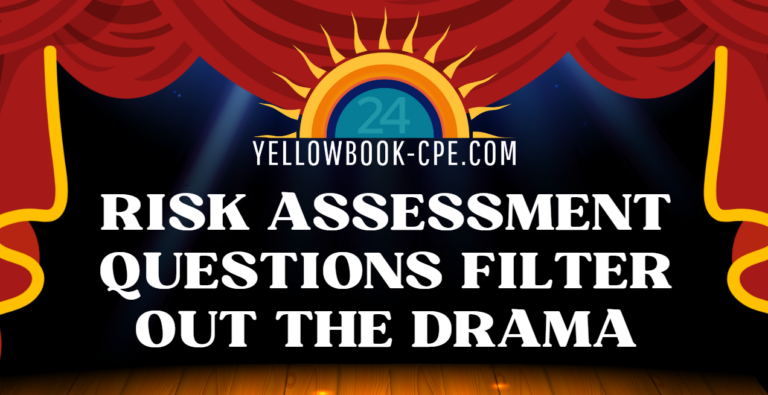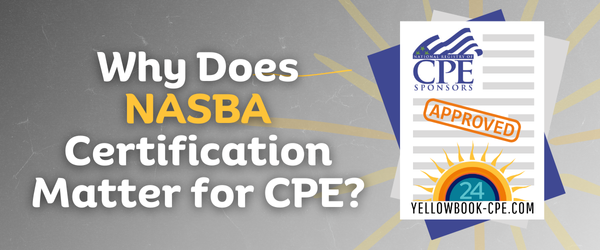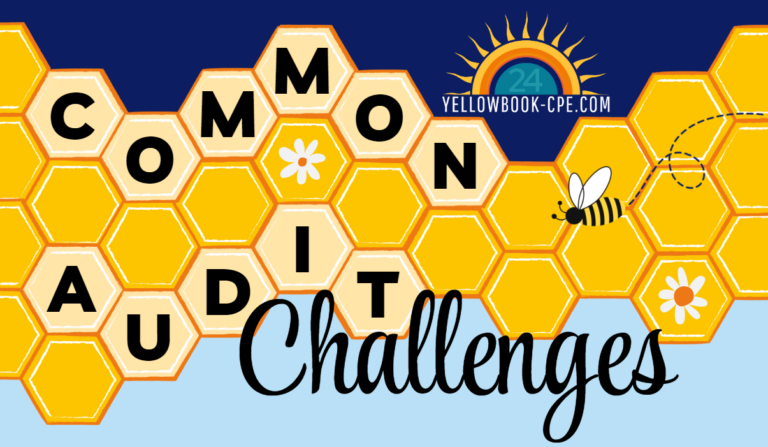In a world where data can make or break the dreams of our furry friends, one hero saw what others missed. Meet Micheal Giles, the keen-eyed champion who spotted a blip in licensing data that others overlooked. Listen to Micheal’s podcast episode of “Auditors Save the World” and subscribe today!
audit
Auditors Save the World! Charles Hall
In a county where the truth is sometimes buried under pressure and fear, one hero stood unshaken. Meet Charles Hall, the auditor with unbreakable integrity.
Risk Assessment Questions Filter Out Drama
Keep the drama on the stage and out of your audits! Ask these questions to determine if your subject matter is worthy of your attention.
Auditors Save the World! Marcus Garrett
In the first episode of Auditors Save the World, podcast host Leita Hart-Fanta, CPA interviews auditing superhero, Marcus Garrett, CIA.
NASBA Certification Matters for CPE
It is no easy task to earn NASBA’s seal of approval, but YellowBook-CPE.com has their blessing for its self-studies, webinars, and live seminars.
Common Audit Challenges
I act as a cross pollinator! I both see and try to resolve the common audit challenges that face most teams including cycle time and reports.
Integrating Cybersecurity with Governance, Risk Management & Compliance
Featured speaker, Joe Horowitz, shares his cybersecurity expertise on bridging the gap between governance, risk management and compliance practices to enhance organizational security.
5 Engagement Types Per GAGAS
Under Yellow Book standards, an auditor can perform 1 of 5 engagement types: financial audit, performance audit, examination, review and agreed-upon procedures.
From Process to People: How the Right Questions Drive Change
Guest speaker, Eric Currie, describes how the S.O.S. process allows your team to know you care about them during change as it happens!










 Yellowbook-CPE.com is registered with the National Association of State Boards of Accountancy (NASBA) as a sponsor of continuing professional education on the National Registry of CPE Sponsors. State boards of accountancy have final authority on the acceptance of individual courses for CPE credit. Complaints regarding registered sponsors may be submitted to the National Registry of CPE Sponsors through its website:
Yellowbook-CPE.com is registered with the National Association of State Boards of Accountancy (NASBA) as a sponsor of continuing professional education on the National Registry of CPE Sponsors. State boards of accountancy have final authority on the acceptance of individual courses for CPE credit. Complaints regarding registered sponsors may be submitted to the National Registry of CPE Sponsors through its website: